Electric vehicles (EVs) are gaining popularity due to their environmental benefits and cost savings. However, not all used electric cars are worth the investment. Factors such as battery degradation, outdated technology, and limited range can make some models less appealing when bought secondhand. Below, I’ll explore seven electric cars you might want to avoid purchasing used.
Chevrolet Bolt EV
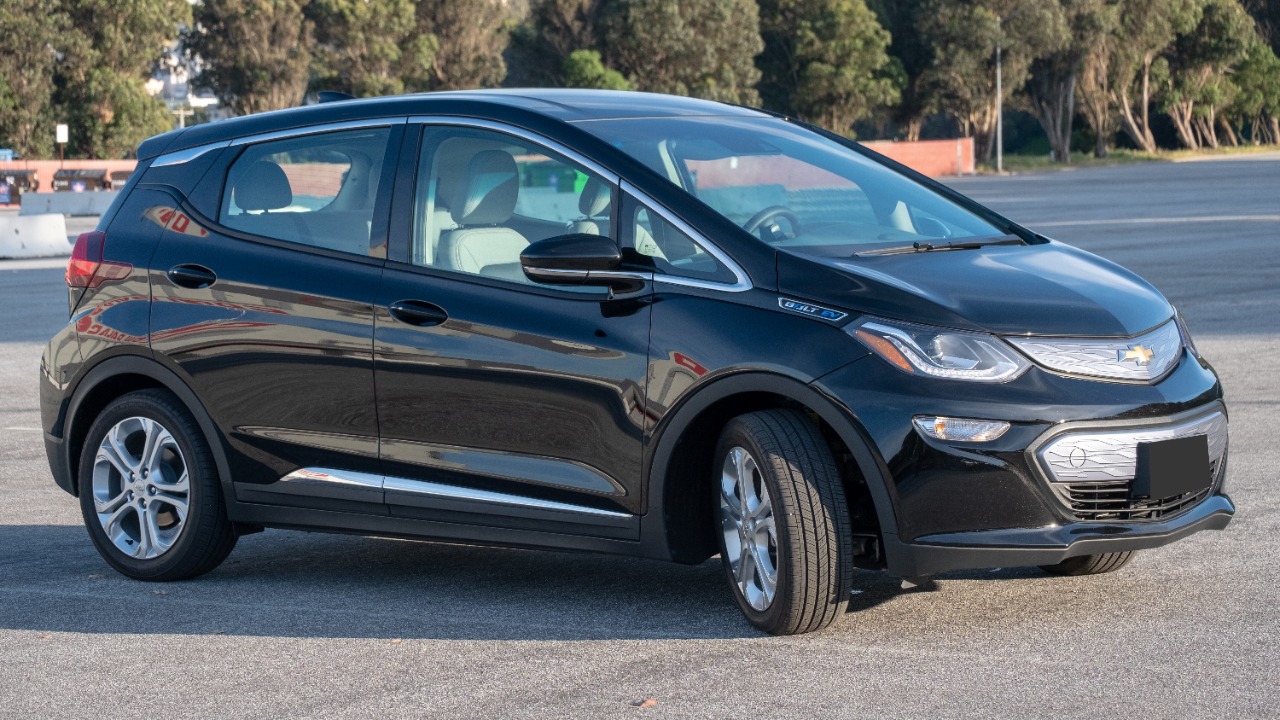
The Chevrolet Bolt EV, especially models from 2017 to 2019, has been plagued by significant battery issues. These cars were subject to a recall due to fire risks associated with battery defects. The high cost of battery replacement, compounded with potential safety hazards, makes buying a used Bolt EV a risky proposition. Additionally, the long-term reliability of its battery management system remains uncertain, making newer models a safer bet.
Nissan Leaf
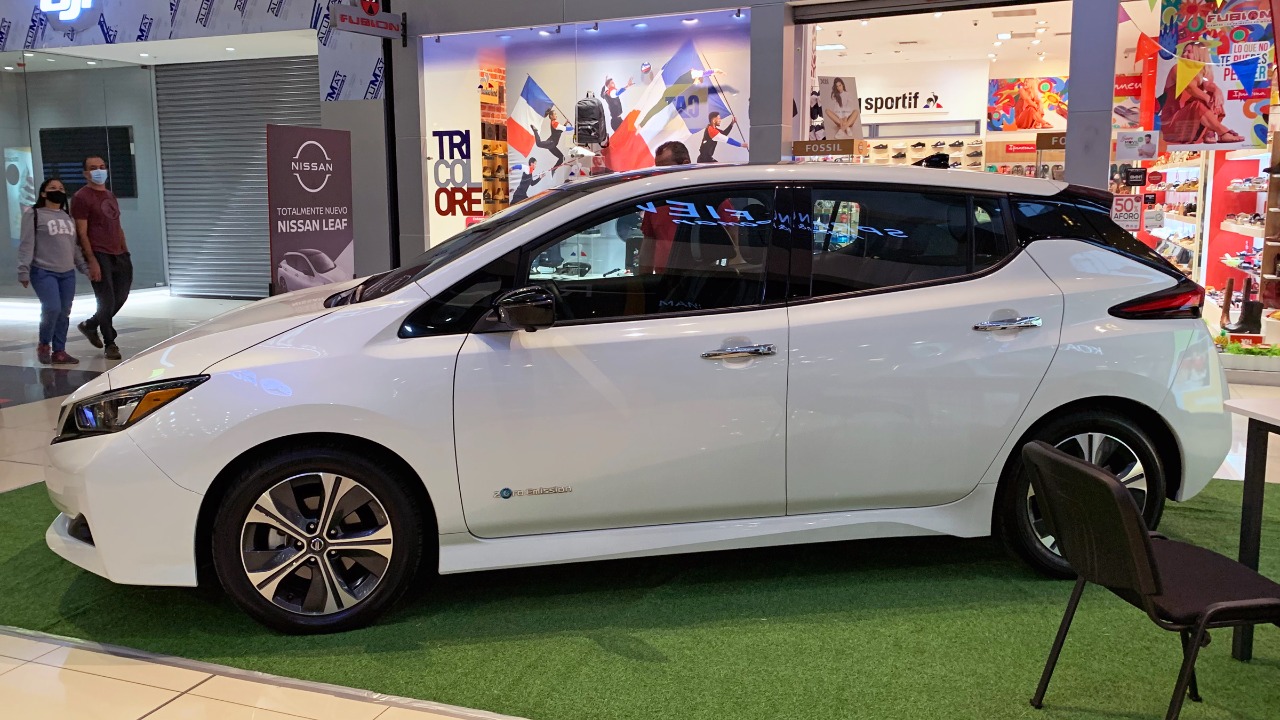
The Nissan Leaf, particularly the 2011-2015 models, suffers from severe battery degradation issues. These early models lack an active thermal management system, leading to quicker battery wear, especially in warmer climates. As a result, the driving range can decrease significantly, making long trips challenging. Research indicates that this degradation can lead to costly battery replacements, which diminishes the overall value of buying a used Leaf.
BMW i3
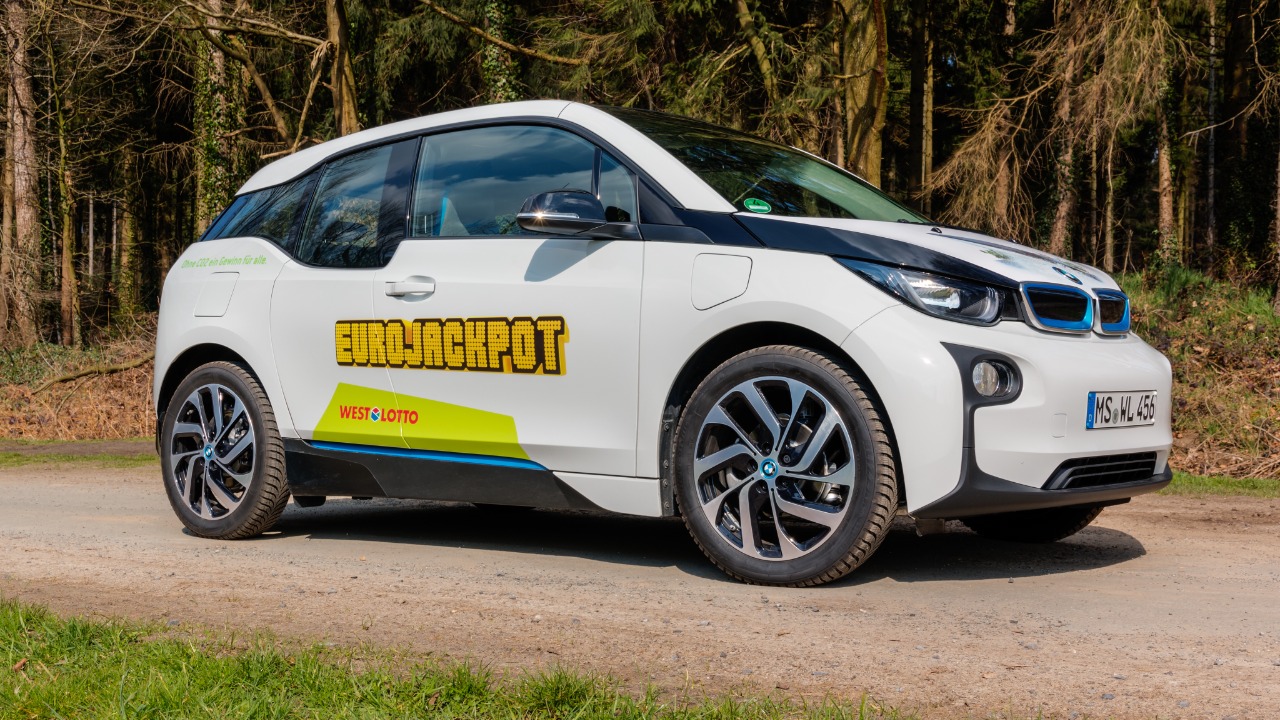
The BMW i3, while innovative, comes with its own set of challenges. Models from 2014 to 2016 have seen issues with the Rex (range extender) system, which can be expensive to repair. Furthermore, the unique carbon-fiber body requires specialized repair techniques, increasing maintenance costs. The cost of upkeep can quickly outweigh the benefits of buying this quirky yet costly used EV.
Tesla Model S
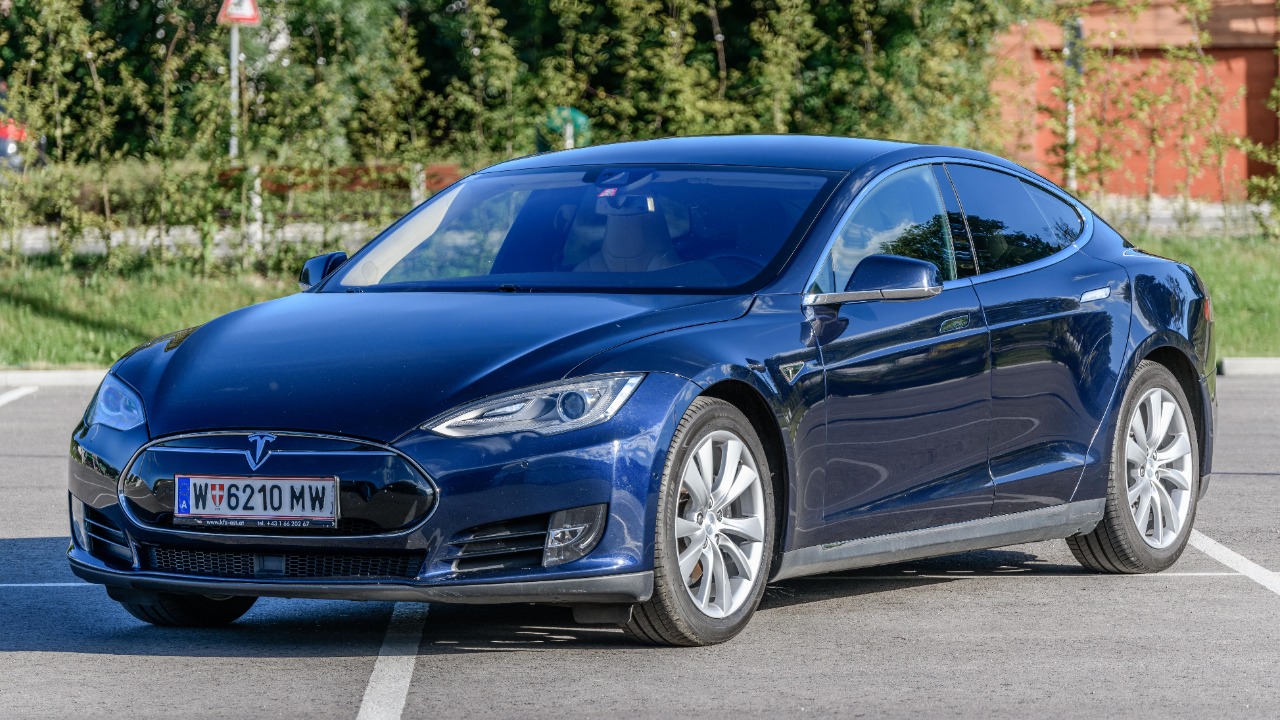
While Tesla’s Model S is a popular choice, models from 2012 to 2013 have faced numerous issues, including drive unit failures and touchscreen malfunctions. The high cost of repairing these components, coupled with the potential for battery degradation, makes these early models a questionable investment. Buying a used EV like the Model S can be tempting, but the risk of expensive repairs may outweigh the savings.
Ford Focus Electric
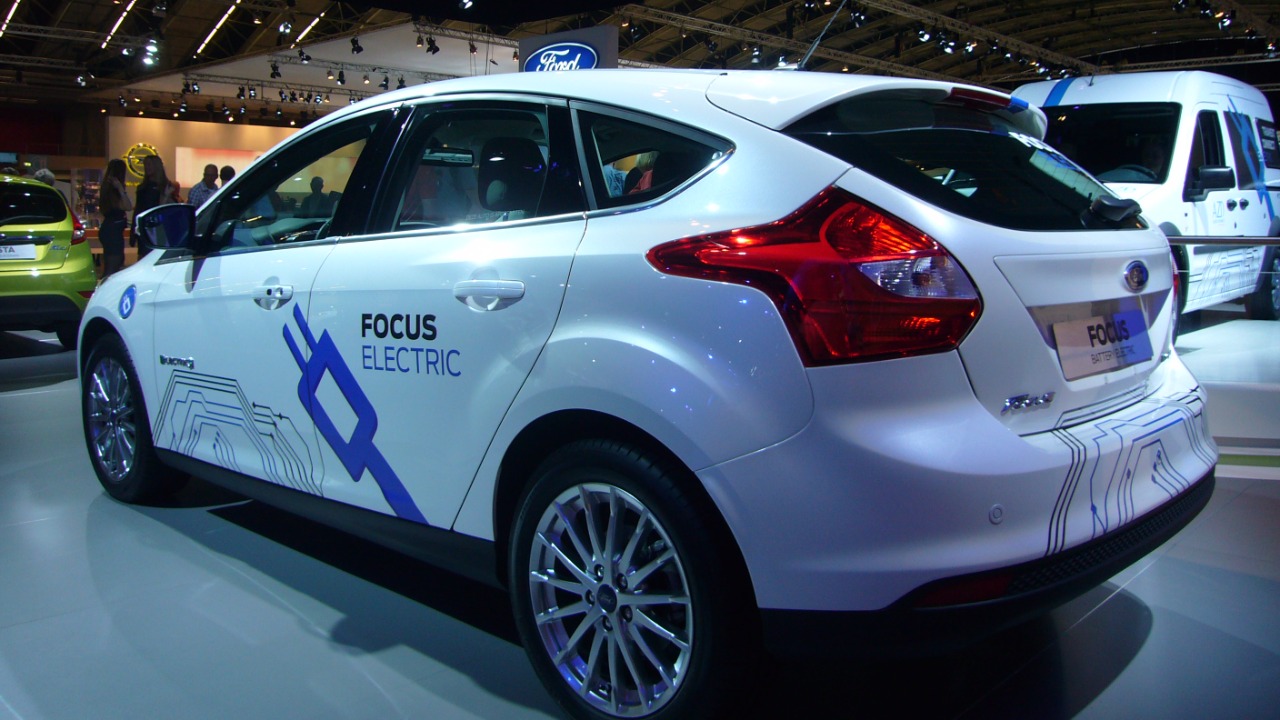
The Ford Focus Electric, particularly models from 2012 to 2016, has a limited driving range that makes it impractical for longer commutes. Additionally, the car’s battery replacement cost can be prohibitively high. The lack of widespread charging infrastructure support further limits its appeal as a used car option. Furthermore, the dated technology and limited features compared to newer models reduce its overall value.
Fiat 500e
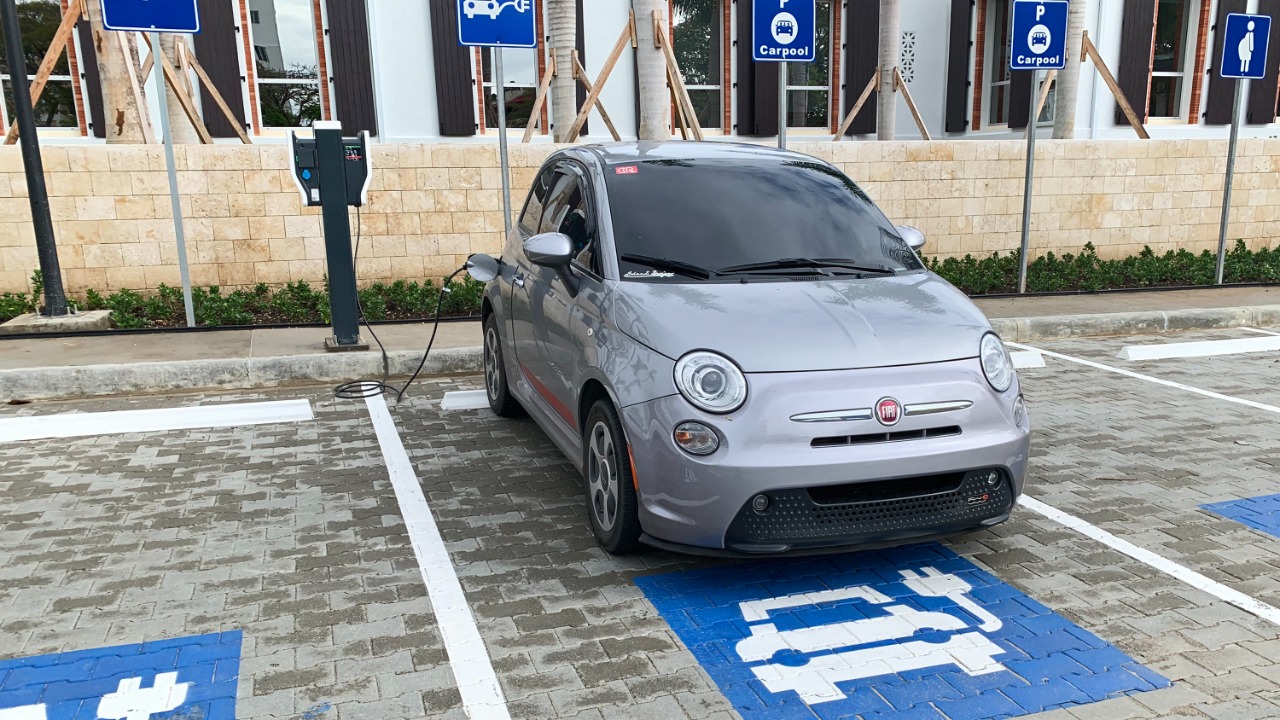
The Fiat 500e is known for its fun design, but models from 2013 to 2016 have limited driving ranges and can be costly to maintain. The battery’s limited capacity means frequent charging, which can be inconvenient. Additionally, the scarcity of Fiat’s service centers can lead to longer repair times and higher costs. As a result, buying a used Fiat 500e may not provide the best value for potential EV owners.
Mitsubishi i-MiEV
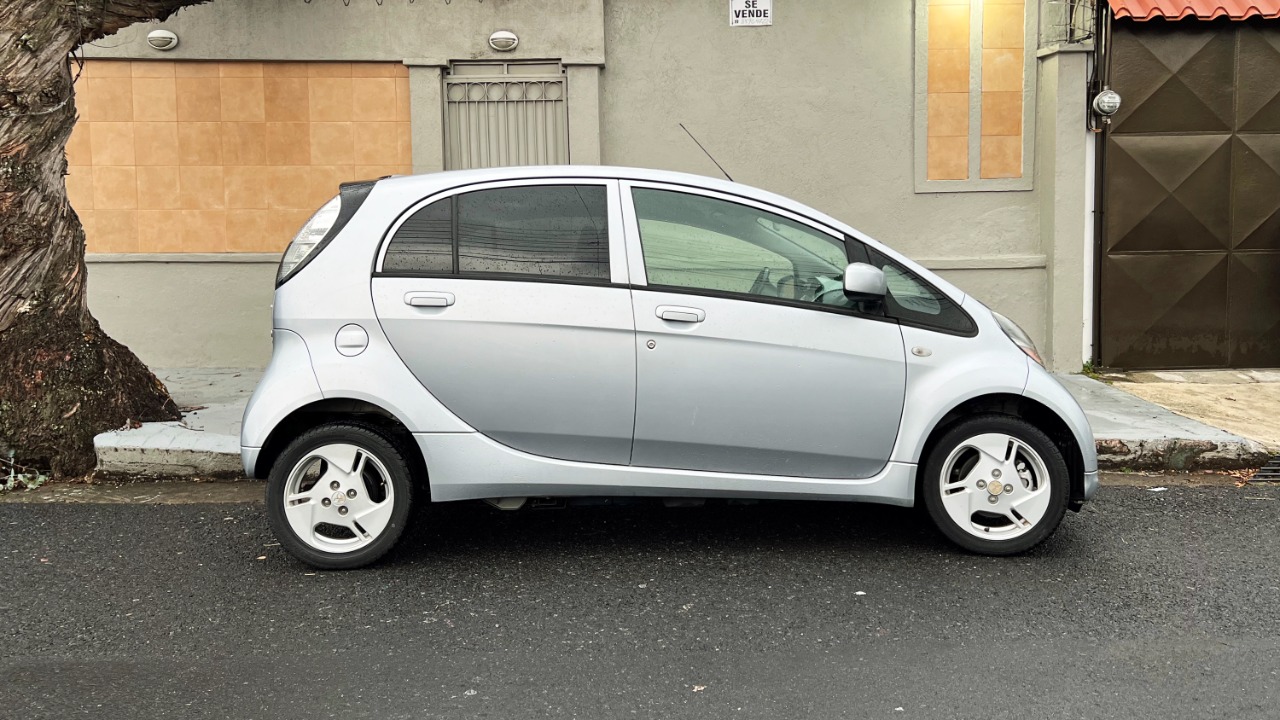
The Mitsubishi i-MiEV, produced from 2012 to 2017, is another EV to avoid buying used. Its limited range and outdated technology make it less appealing than newer options. Additionally, the car’s small size and lack of features may not meet the needs of many drivers. The high depreciation rate further diminishes its value as a used purchase, making other, more modern EVs a better investment.